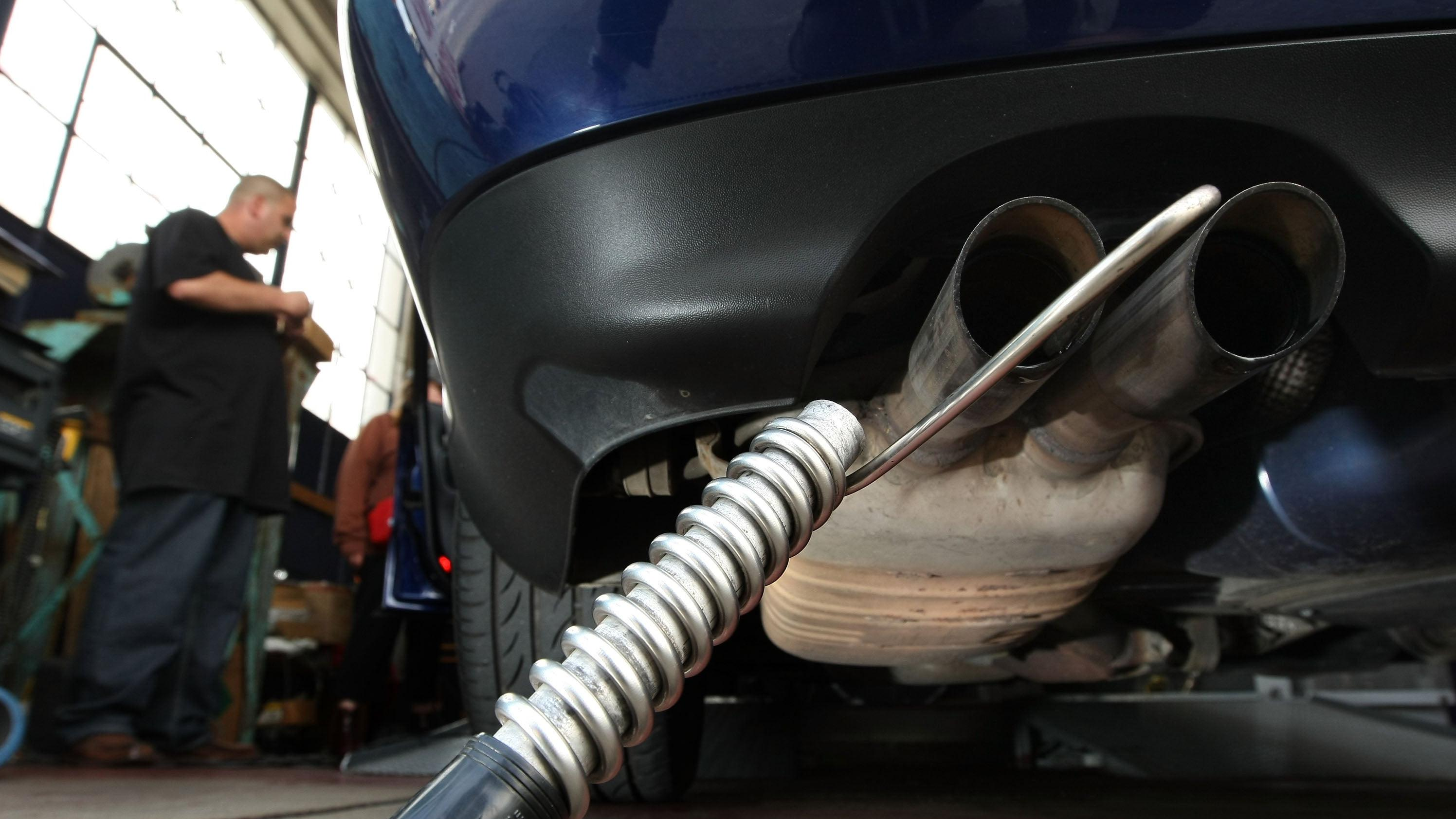An EV Future Could Save 110,000 Lives And $1.2 Trillion By 2050
Electric Vehicles may end up saving thousands of lives if they're adopted fast enough
Whether we like it or not, the stuff that comes out of the back of our cars' tailpipes aren't good for us. Now, a study has been done by the American Lung Association to show what the real health benefits are for the healthcare system and our population.
Carscoops reports the study looks at what would happen if all new passenger vehicles sold in the U.S. are EVs by 2035, all new heavy-duty vehicles are electric by 2040 and the electric grid itself turned away from fossil fuels.
These are some really big asks and assumptions to go off of, but we may as well take a look at the results. These scenarios in concert would prevent more than 110,000 premature deaths by 2050.
"The American Lung Association also finds that the country would see 2.78 million fewer asthma attacks and 13.4 million fewer lost workdays. All in all, the changes would amount to $1.2 trillion in public health benefits."
As my dear friend Tony Soprano would say, "That's a lot of shcarole." He'd also say, "Oh no I was killed in the last episode, and anyone who thinks otherwise is dumb."
Anyway, an American Lung Association volunteer told The Verge he explains to his patients they should really be aware of what they're breathing in:
"I can advise [my patients] to limit their time spent outside to limit the pollution they are breathing; I can't ensure that they have clean, healthy air to breathe – and that is incredibly frustrating to me," Afif El-Hasan, a pediatrician and American Lung Association volunteer said. "It should be a right of every child to play and develop somewhere safe. That should not be up for debate ever."
Carscoops goes on to explain how air pollution impacts all Americans – not just those with underlying health conditions:
"It is especially damaging to lower-income communities and communities of color due to decades of inequitable land-use decisions and systemic racism, the study finds. A move away from ICE vehicles would have major benefits for all communities located near highways, electricity generation sites, ports, warehouses, and refineries."
Unfortunately for us, the goals and expectations set in this study may end up being very hard to achieve in the real world. Only a few states have set timelines for bans on combustion vehicle sales, and our infrastructure is nowhere near ready for widespread EV adoption. Perhaps as more studies like this one come out, it will help push the narrative forward. Because if there's anything the powers that be care about, it's all that shcarole.
